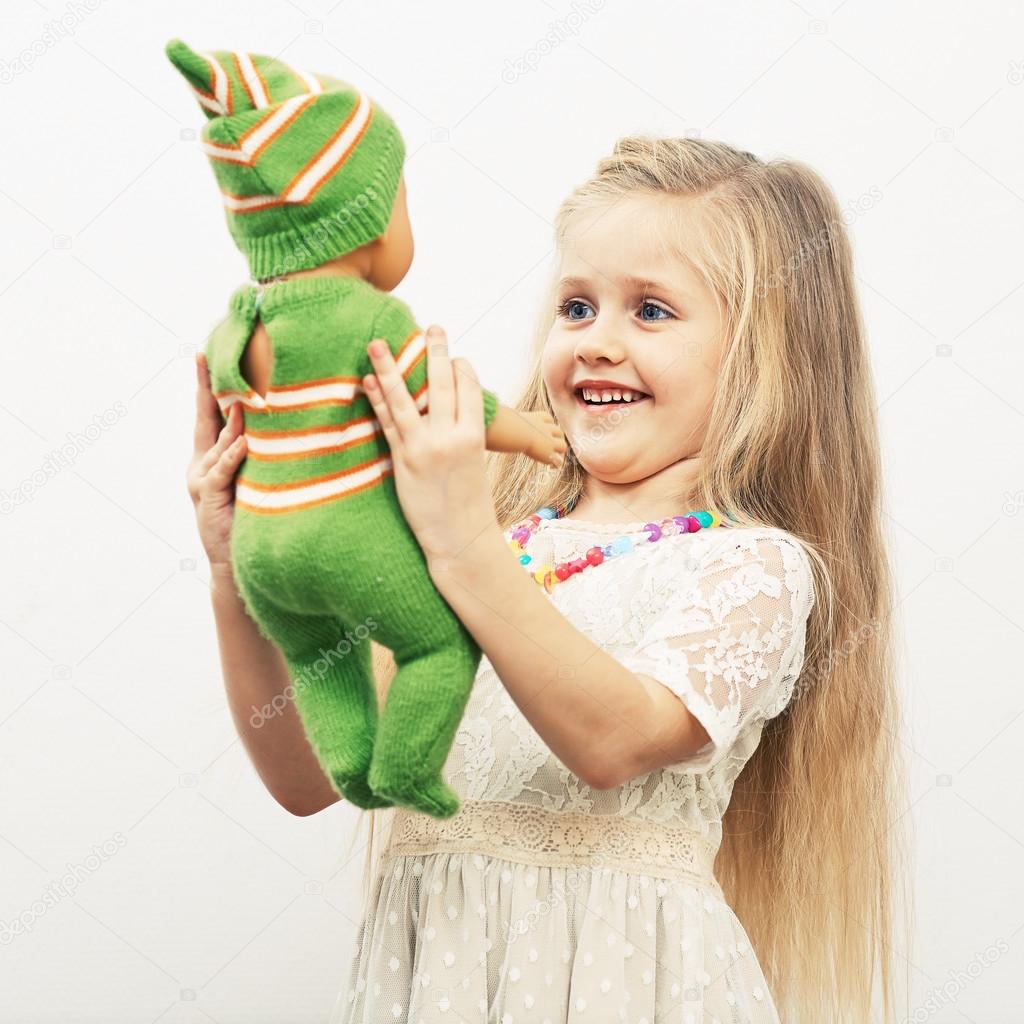Muñeca: doll or wrist? / 5 minutes of Spanish + Podcast - English version
 |
| Muñeca |
Hello, how are you?
Good morning, good afternoon or good evening depending on
where you are or what time you are listening to us.
Thank you very much for being here participating in this
podcast about Spanish, a language that we love and that today summons us.
I am Malena, teacher of Spanish as a foreign language at
Spanish in Cabo and Spanishup2U and together with Eduardo, who is traveling
today for family reasons, we will be talking with you week by week since 2020.
We are on podcast 146 of the 5 minutes of Spanish or Learn
Spanish in 5 minutes, if you are interested in practicing the language of
Cervantes click here and you will see how to improve your Spanish in a fun way
with a group of wonderful people.
Today we are going to talk about a very simple word but with
two meanings / Simple and useful Word with 2 meanings. The word is: muñeca
On the one hand, in anatomy the wrist is the part of the
body that joins the arm with the hand. On the other hand, a doll is a toy that
imitates the appearance of a woman or girl.
In the first case,
the doll is a set of joints (joints) found in the upper limbs of people Thanks
to these joints, the person can perform various movements of his hand. For
example:
“Al caerse, el futbolista se fracturó la muñeca
"When falling, the soccer player fractured his
wrist",
Fractura- fracture
Practicar
yoga fortalece las articulaciones
Practicing yoga strengthens your wrists
Remember that in body parts we do not use possessives in
Spanish, that is why we say the wrists, the arms, the finger. It is different
from English in this,
Another example:
Tengo una muñeca muy pequeña y este brazalete es muy grande / I have a very small wrist and this bracelet is very big.
As a toy it is usually intended for girls, although there
are also dolls for boys, highly recommended by psychologists.
They can be made of different materials, trap (ragdolls) or loza
(crockery) many years ago.
When I was a child, I liked to play with paper or cardboard
dolls.
Muñequita is diminutive for doll (Little doll).
Nowadays dolls are made of plastic. Many of them look just
like a baby.
In 1959 the Barbie doll was created; do you know it? A very
successful brand (successful Brand)
I had the honor of
having the first Barbie in my small town. My mom organized turns for all the
girls to play with the Barbie doll. My mom organized turns for all the girls to
play with the Barbie doll.
I was very proud to have the only Barbie, anyway. Now there
are many Barbies and they are not so valued or cared for anymore.
¿Cuál era
tu muñeca favorita?
What was your favorite doll?
The origin of doll is uncertain, it can be a Greco-Roman
word or it can also come from the Basque language (basque language) where the
word moño or muno means hill.
Also, the word muñeca can be used in an affectionate way referring
to a very good or very pretty woman. It is the name of many songs, canciones
And you, do you like these words with various meanings? Do
you want to learn more words in Spanish?
Then click here and see all the podcasts, videos and
workshops with live, native teachers that you have every day. Be part of
SpanishUP2U. In no time you will become an experienced Spanish speaker and part
of a community of Spanish friends.
Don't take my word for it, come to the free workshop on
Friday and listen to the SpanishUP2U walkers (members) talk. It's that simple
and that clear
If you made it this far in the Podcast, you are
undoubtedly interested in Spanish, click here and schedule your private
interview. This club is for you.
Did you like the podcast? Share it.
We are on Amazon Podcasts, Spotify, Apple podcasts, RRS.com
and on our social networks Facebook and Instagram. Write us a comment or
support us with your powerful like, it helps us a lot to spread these 5 minutes
of Spanish.
See you at the workshops on Zoom, in class, at the Friday
cooking experience in San Jose del Cabo, on Facebook or listen to us next
Wednesday.
Chau, chau


Comentarios
Publicar un comentario